Date: 22/04/21
By Alan Hardie, CEO at NCEAT.
 This week we’ve seen the power of those who are passionate about something (in this case football) coming together to defeat a change (the proposed European Super League) which they felt would harm the thing they love. It’s shown that acting together with a united voice can actually lead to a significant change for the better. This has made me think about the positive changes we could achieve in education if we can unite people around something that we all want to achieve.
This week we’ve seen the power of those who are passionate about something (in this case football) coming together to defeat a change (the proposed European Super League) which they felt would harm the thing they love. It’s shown that acting together with a united voice can actually lead to a significant change for the better. This has made me think about the positive changes we could achieve in education if we can unite people around something that we all want to achieve.
There are many things we could look to change, but one of my priorities would be to create an education system which places equal value on the full range of qualifications and subjects, not just a small group which causes schools to narrow their curriculum. In particular, it would be fantastic to raise the status and availability of vocational subjects.
Setting out a favoured range of subjects and judging secondary schools on how pupils perform places a straightjacket around the curriculum which schools can offer. Although this is typically a secondary school measure, it also shapes the curriculum in primary schools, as primary OFSTED inspections now focus very much on the subjects which are part of this closely assessed framework, known as the “English Baccalaureate” or “EBacc”, such as Geography, History and Science.
Schools are no different to any other organisation; if something is going to be measured and used to judge your effectiveness then it will become a major focus and driver of your work. As there are no vocational subjects included in the EBacc framework, then it inevitably sends a message to schools not to focus as much time and energy on these as the ‘academic’ subjects. This is a great shame as it unintentionally downplays the importance of vocational qualifications, meaning that pupils and schools don’t always have their achievements recognised and many pupils who would benefit from a more vocational curriculum don’t have access to one in-school, as schools are forced to focus on the EBacc subjects instead.
I believe that if school leaders were better at explaining how some Government policy decisions force schools to follow a narrow curriculum, which they don’t feel meets the needs of their pupils as effectively as it could, then parents would be asking a lot more questions about these policies.
A report issued this week suggests that 48% of parents would prefer their child to get a vocational qualification over going to university or work when they leave school. This shows that there is a strong demand for a greater recognition of vocational qualifications and the creation of an equal playing field with ‘academic’ qualifications. This is something that is a key part of other successful education systems, such as in Germany.
This support for vocational qualifications encourages me to think that many people would welcome a radical review and overhaul of our school curriculum. This week’s astonishing overturn of the European Super League proposal by collective action tells me that if we can get enough people to agree that change is necessary, then we can make it happen. The challenge here is convincing enough people that we can’t continue with the current damaged system. Perhaps a reset after the impact of Covid could be this opportunity?
To be continued in next week’s edition of Lighthouse…
